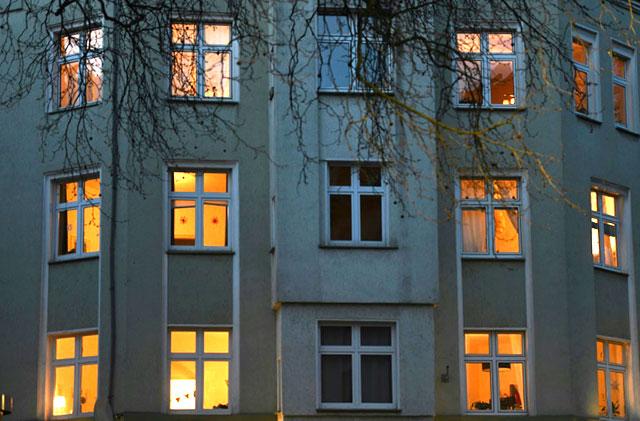- Local News
- Sun-2020-05-17 | 03:04 pm

"Sixty-nine per cent of all survey respondents and informants advising of increasing prevalence, mainly emotional and physical abuse,” the study revealed.
The study, titled ‘Daring to Ask, Listen, and Act: A Snapshot of the Impacts of COVID-19 on Women and Girls' rights and sexual and reproductive health”, was conducted by the UNFPA Jordan Country Office in coordination with Plan International and the Institute for Family Health (IFH)/Noor Al Hussein Foundation.
The study, which was conducted during April 2020 to assess COVID-19 situation in Jordan, was supported by the European Union Civil Protection and Humanitarian Aid.
The overall purpose of the assessment was to measure the impact of COVID-19 on gender-based violence and sexual and reproductive health rights among adolescent girls and young women in Jordan, including persons with disabilities, according to a press release that was made available to The Jordan Times by the organisations.
The research was based on 360 remote and telephone surveys targeting adolescent and adult men and women in Irbid, Karak, Amman, Azraq and Zaatari refugee camps as well as 28 key informant interviews with service providers involved in family health and gender-based violence, youth educators and members of the government. The findings also were derived from two focus group discussions with women and girls from the refugee and Jordanian population, according to the study.
The findings revealed that the COVID-19 pandemic restrictions have led to "greater uncertainty, stress, and health and psychological risks for women and girls, many of whom already face challenges of entrenched gender inequality and discrimination”.
Other major findings included concerns among women, girls, men and boys regarding the economic consequences and the limited access to income, while adolescent girls and boys expressed their fear that their education might be compromised by the pandemic.
The study also pointed out to fact that the Kingdom, a country hosting more than 700,000 refugees in a complex region of the globe, has been deeply affected by the impact of COVID-19 on its economy and social system.
The study recommended adopting concrete and assertive action on the part of the UN, civil society, the government and donors to ensure the protection and empowerment of women and girls in Jordan.
Ensuring that women and girls’ participation and empowerment remain on the list of the top priorities for the government of Jordan was another recommendation listed in the study.
Meanwhile, UNFPA Country Office in Jordan pointed out that the new Country Representative, Enshrah Ahmed, pledged to continue to serve local communities through civil society organisations, so as to support all survivors of abuse and violence, "diversifying our approaches to adapt to the complexities of the COVID-19 operating environment”, according to the press release.
"UNFPA Jordan in partnership with the government of Jordan and all of our partners will ensure gender-based violence and sexual and reproductive health services are prioritised as a life-saving response during the current quarantine and curfew context within Jordan,” the press release stated.
"During these critical times, it is important we continue to shine a light on the issues faced by the most vulnerable members of our society; girls and young women,” Muna Abbas, Country Director, Plan International Jordan, said.
They will not only face the direct health threats posed by COVID-19, the press release maintained, "but will also be particularly affected by the secondary impacts of the outbreak as during the lockdown, they are more at risk of suffering gender based violence, and losing vital access to their sexual and reproductive health rights,” Abbas added.
To ensure the safety and well-being of girls and young women, Plan International "will continue to place their needs and rights at the centre of our efforts as the COVID-19 crisis unfolds”, according to the press release.
By working with communities, the national government, and partners, Plan International will help guarantee that the rights of a young generation are highlighted, safeguarded, and included in Jordan’s continued response plans, the press release added.
"The IFH will continue to contribute to the national efforts in responding to the consequences of COVID19 especially providing safe access to sexual and reproductive health and sexual and gender-based violence services to the most vulnerable populations from refugees and host communities," IFH Director Ibrahim Aqel said.









